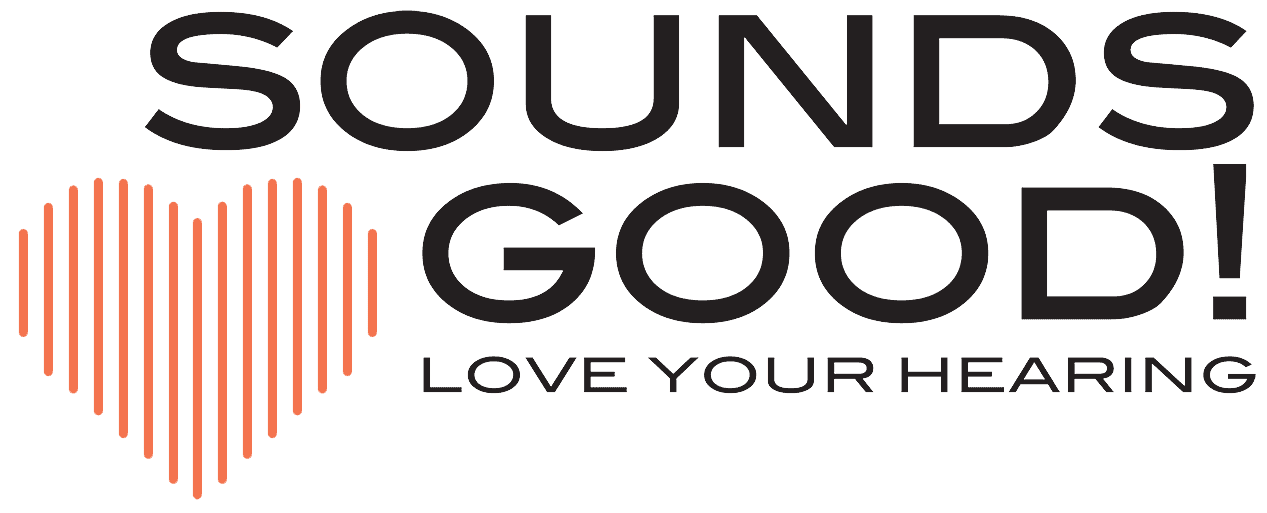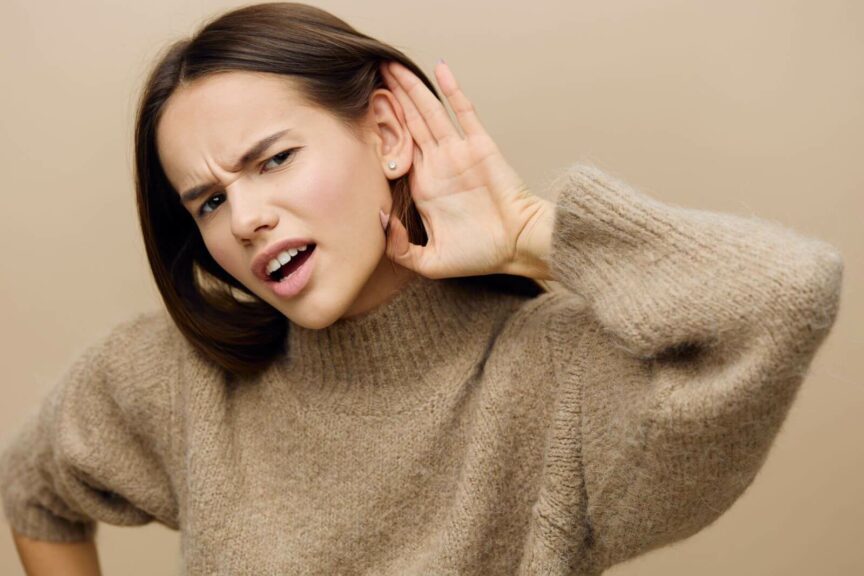- Best Practices for Safely Changing Hearing Aid Batteries - May 6, 2025
- The Connection Between Stress and Tinnitus - April 7, 2025
- Breaking Barriers to Hearing Health with Mobile Audiometric Testing Services - March 3, 2025
One of the most common misconceptions about hearing loss is that it only affects older adults. But aging is just one cause of hearing loss which is a medical condition that can be caused by several factors, impacting people across the age spectrum. You may be surprised to learn that 10% of Millennials and 17% of Gen Z already have some degree of hearing loss. Also, the World Health Organization (WHO) estimates that over 1 billion people ages 12-35 are at high risk of developing hearing loss due to loud noise exposure. It is important to learn about your hearing health risks and how you can protect your hearing health and wellness.
Millennials, Gen Z, & Hearing Loss
Millennials and Gen Z experience an increasing risk of hearing loss due to loud noise exposure. Loud noise can permanently damage the auditory system which is the sensory system for hearing. This involves the ears and brain which work together to absorb and process speech as well as sound. Common ways that Millennials and Gen Z are exposed to excessive noise includes:
- Earbuds: earbuds and headphones are common ways that people listen to audio – podcasts, music, talking on the phone etc. Earbuds have become everyday devices and while they are convenient, they can put hearing health at risk. Earbuds can deliver loud noise depending on the device they are connected to. For example, earbuds connected to an iPhone can reach 102 decibels (dB). For perspective, noise above 85dB is considered dangerous for hearing health. Noise at 102dB means that people can also be exposed for 7 minutes! This highlights how much of a risk this can be for hearing.
- Work: according to the Hearing Health Foundation, over 22 million people are exposed to hazardous noise levels in the workplace. Noisy work environments include: transportation hubs, music and concert venues, bars, restaurants etc.
- Social Life: another common way that Millennials and Gen Z are exposed to excessive noise is social life. Various types of social settings, activities, and gatherings are active spaces that produce lots of noise – concerts, parties, restaurants, paintballing, going to a game in a stadium etc.
These sources of loud noise exposure can impact hearing health. This underscores the importance of protecting hearing and being proactive about mitigating the impact of loud noise.
Understanding Noise Induced Hearing Loss
Noise induced hearing loss is a common type of hearing loss that people experience today. One time or regular exposure to loud noise can permanently damage hearing health. Loud noise can desensitize and weaken sensory cells in the inner ear. These cells play a critical role in how sound is processed. They receive incoming sound waves and convert them into electrical signals. These signals then get sent to the brain to be further processed. This includes the brain assigning meaning to these signals which is how we are able to understand what we hear.
Loud noise can sensitize sensory cells, weakening them and reducing their capacity to process incoming soundwaves effectively. This results in the brain receiving less auditory information, causing hearing loss. These cells, unlike other types that we have, do not regenerate. This means that any damage they experience is permanent, resulting in chronic noise induced hearing loss.
Tips to Protect Hearing Health
There are effective ways you can protect your hearing health and prevent noise induced hearing loss. A few safety measures to practice include:
- Wear hearing protection: headphones, earbuds, and earplugs are examples of hearing protection. These items provide a physical barrier for the ears, reducing the amount of loud noise you absorb. It is beneficial to wear hearing protection when you are in environments with loud noise – concerts, work, while commuting etc.
- Monitor noise levels: there are various apps you can download to monitor the noise levels in your environment as well as the noise levels your devices produce. This then allows you to adjust your exposure time so that you are listening to audio safely.
- Invest in noise canceling headphones: if you use earbuds or headphones regularly, you can likely benefit from noise canceling options. Noise canceling headphones are designed to reduce background noise. This prevents you from needing to increase the volume when moving through environments that are noisier, allowing you to listen to audio safely.
In addition to these tips, it is useful to get your hearing tested regularly so that you can know more about your hearing health!

